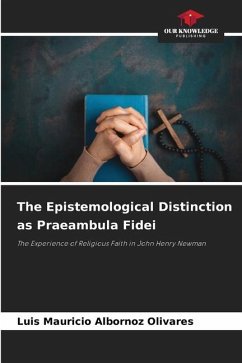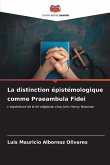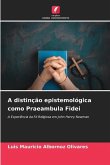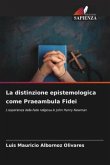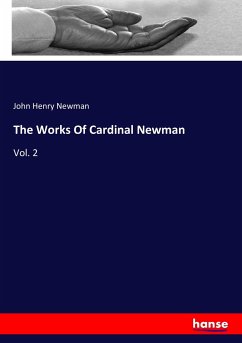The European 19th century was heir to a historical development that involved social, political and cultural situations that did not leave out economic-industrial and scientific-technical circumstances. This historical process affected the evolution of thought and the theoretical structures that prevailed to date. In the midst of this context, the figure of John Henry Newman will not remain indifferent, concerned about the overexposure of the individual to his sole reason as the supreme instance of judgment and reality, which led to an increasingly extreme rationalism. The problem for Newman is that reason alone makes a true religious experience impossible, leading the believer to a cold and distant faith, an eminently impersonal matter that does not involve the life of the person, that does not touch his affections, thus, the idea of God progressively relativizes its accents and becomes more and more indefinite, until it ends up evaporating into a pure abstraction empty of content, giving rise to a new model of rationality: scientific rationality.
Bitte wählen Sie Ihr Anliegen aus.
Rechnungen
Retourenschein anfordern
Bestellstatus
Storno

